Imagine hosting a chess event that attracts players from around the world.
Imagine your name linked to an official FIDE-rated tournament.
That is the world of a FIDE Organizer. This is a role that combines passion for chess with event management skills.
Many people dream of being part of chess history, not just as players but as the ones making events possible.
Becoming a FIDE Organizer allows you to do exactly that.
In this guide, we will walk through what a FIDE Organizer is, why the title matters, and how to earn it.
What is a FIDE Organizer?
A FIDE Organizer (FO) is an individual certified by the World Chess Federation (FIDE) to plan, manage, and oversee official chess events.
These can be national championships, world youth events, Olympiads, or major open tournaments.
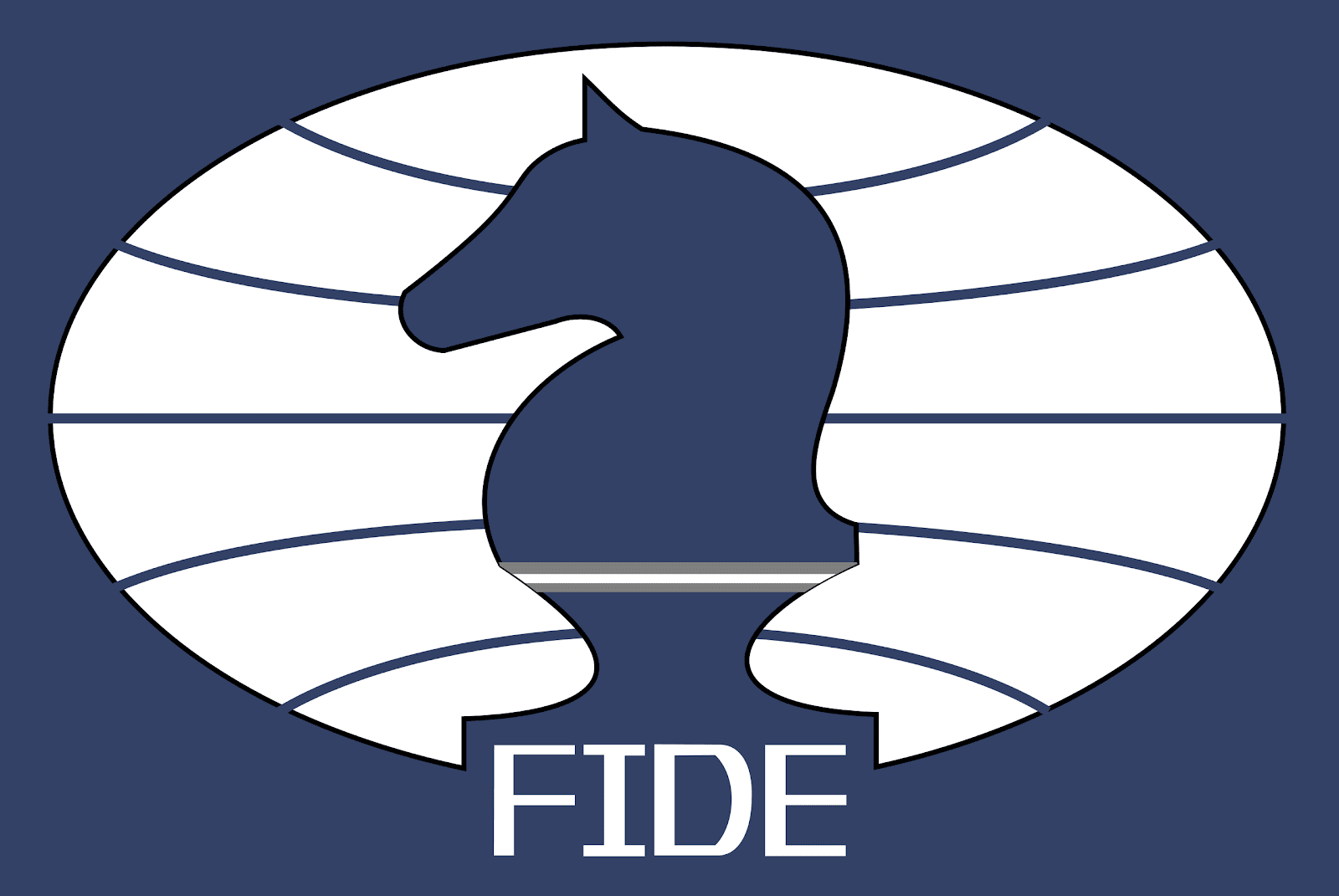
The FO title means you have been trained to follow FIDE regulations on tournament formats, schedules, venue arrangements, and reporting.
An FO ensures that everything, ranging from player registration to final reports, meets FIDE’s professional standards.
Why Becoming a FIDE Organizer Matters
You might wonder, “Can’t anyone just run a chess event?” The short answer is yes, but not if you want it recognized by FIDE.
A FIDE-rated event needs organizers who understand its rules. Without this, the event might fail to be rated or even run smoothly.
The FO title:
- Gives credibility to your events.
- Opens opportunities to work on international tournaments.
- Increases trust from players and federations.
- Expands your professional network in the chess world.
It is like holding a passport to the highest levels of chess organization.
The Requirements for Becoming a FIDE Organizer
FIDE does not hand out the title to anyone. There is a process and specific requirements:
Attend a FIDE Organizer Seminar
This is the first step.
These seminars are conducted by experienced organizers and cover the essential skills for running events under FIDE rules.
Topics discussed at these seminars include:
- Tournament regulations.
- Venue setup and logistics.
- Player registration systems.
- FIDE rating and title regulations.
- Marketing and sponsorship.
- Handling disputes and appeals.
Seminars can be held online or in person. The official FIDE website and national chess federations publish schedules for upcoming seminars.
Pass the Seminar Examination
At the end of the seminar, participants take a test to show they understand the material.
Passing the test proves you are ready to organize according to FIDE’s standards.
Language Requirement
Since FIDE is international, you need basic English skills, as much of the documentation and reporting is in English.
Work Through Your National Federation
You cannot apply directly to FIDE as an individual. Your national chess federation must endorse your application for the FO title.
How the FO Title Application Works
Once you have completed the seminar and passed the test:
- The seminar organizer sends your results to your national federation.
- Your federation reviews your application and submits it to FIDE.
- FIDE then awards the title, which is registered under your name in its official database.
The FO title is not free. There is a title fee set by FIDE that you must pay through your federation. This fee can vary, so it is best to confirm with them.
Maintaining and Using Your Title
Once you have the FO title, you can start working on official tournaments. The more events you organize, the stronger your reputation becomes.
To stay relevant:
- Keep up with FIDE rule updates.
- Attend refresher courses or seminars.
- Network with other organizers, arbiters, and federation officials.
- Learn to attract sponsorships and media coverage.
Remember, a successful FO is not only a rules expert but also a skilled event manager who makes players feel welcome.
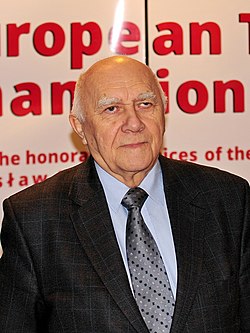
Skills Every FIDE Organizer Needs
While the seminar teaches regulations, certain personal skills make a difference:
- Attention to Detail: Small mistakes can cause big problems in chess events.
- Communication Skills: You will deal with players, arbiters, sponsors, and the media.
- Time Management: A smooth tournament runs on a strict schedule.
- Crisis Management: Disputes, power cuts, and unexpected issues can happen. An FO must handle them calmly.
- Networking Ability: Building good relationships will bring more opportunities.
Challenges You Might Face
Being a FIDE Organizer is rewarding, but it is not without challenges:
- Finding Sponsors: Without funding, events can be hard to run.
- Player Complaints: Not every participant will be happy, even in a well-run event.
- Logistical Problems: Venue issues, late arrivals, or technical failures can disrupt schedules.
- Balancing Rules and Flexibility: Sometimes you must adapt while staying within FIDE guidelines.
Good organizers anticipate problems and plan ahead.
The Career Opportunities
Once you are a certified FO, you can:
- Organize local, national, and international tournaments.
- Collaborate with federations to run championship events.
- Work in tournament management roles for major chess festivals.
- Even travel abroad as part of international organizing teams.
Some FOs focus purely on professional tournaments. Others specialize in school chess events or corporate competitions.
The path you take depends on your interests.
Final Thoughts
Becoming a FIDE Organizer is not just about getting a title; it is about joining the heartbeat of chess.
Without skilled organizers, players would have no platform to compete, and chess would lose its professional structure.
If you have a passion for chess and strong organizational skills, this could be your way to contribute meaningfully to the game.
You might not be the one making the moves on the board, but you will be the one making the tournament possible.
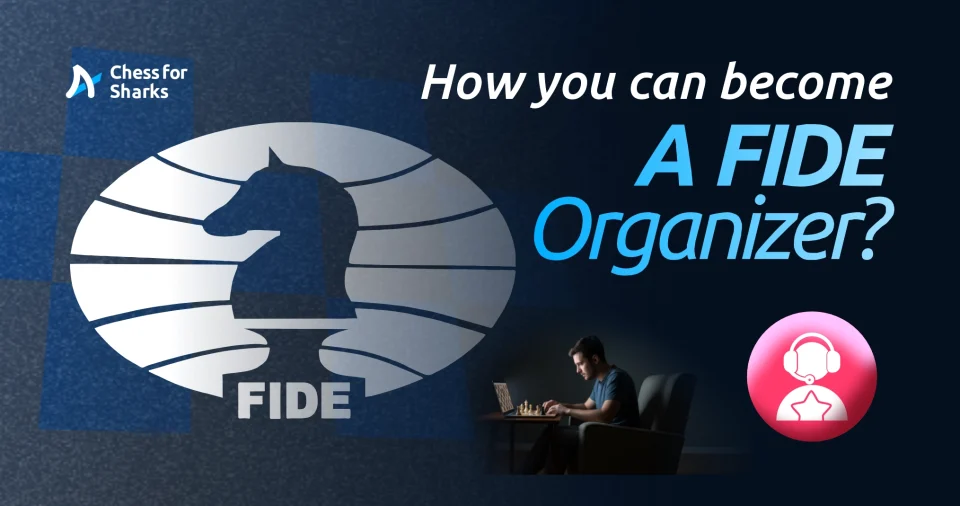
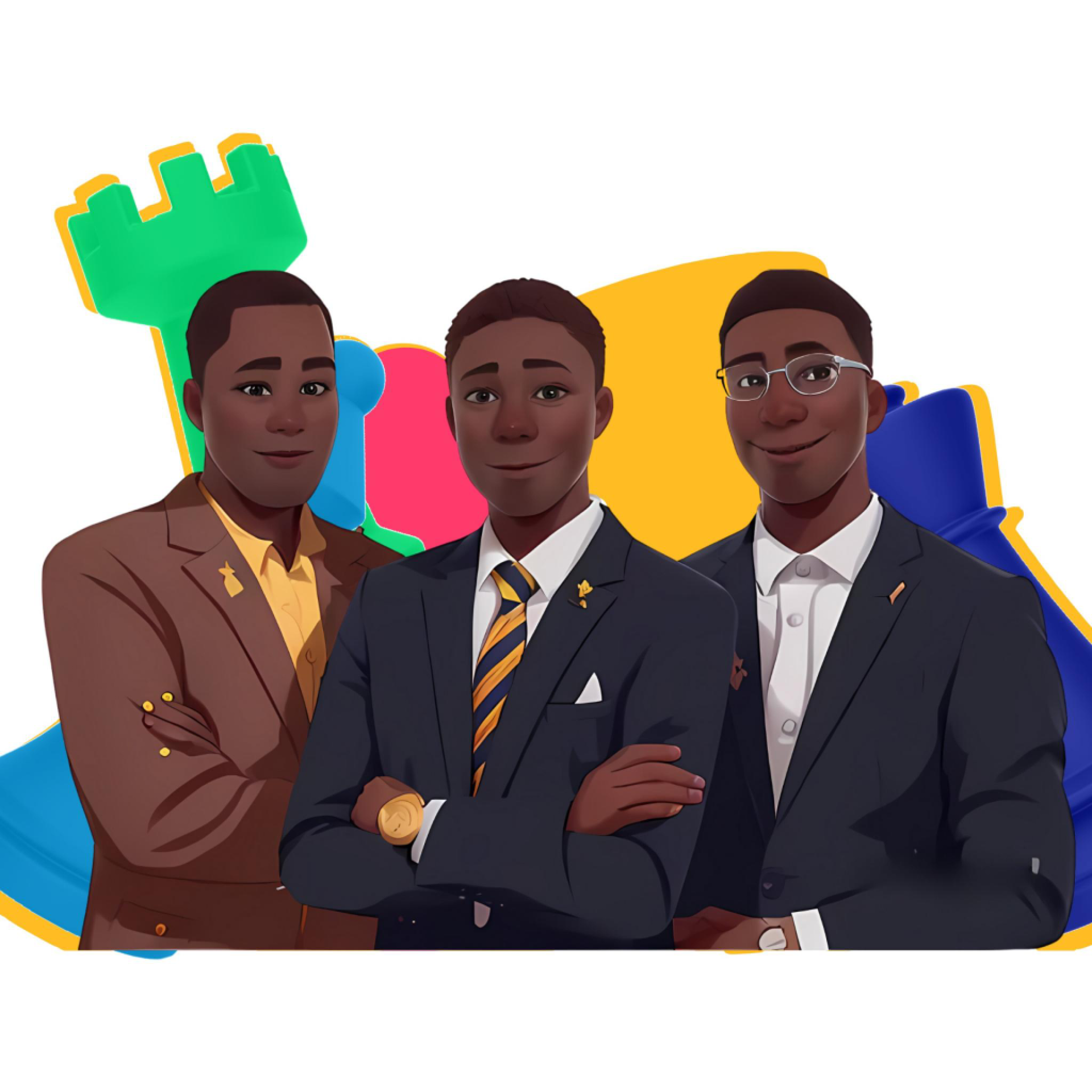


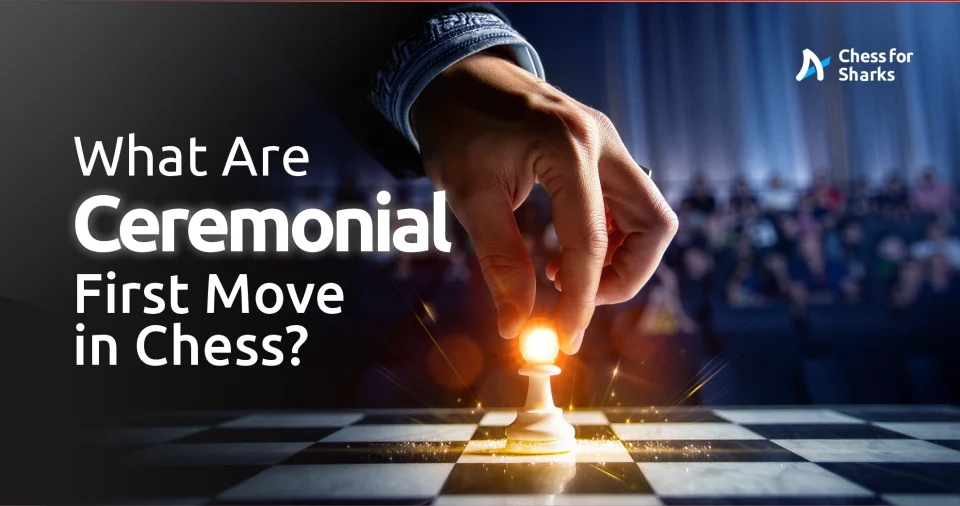


join the conversation